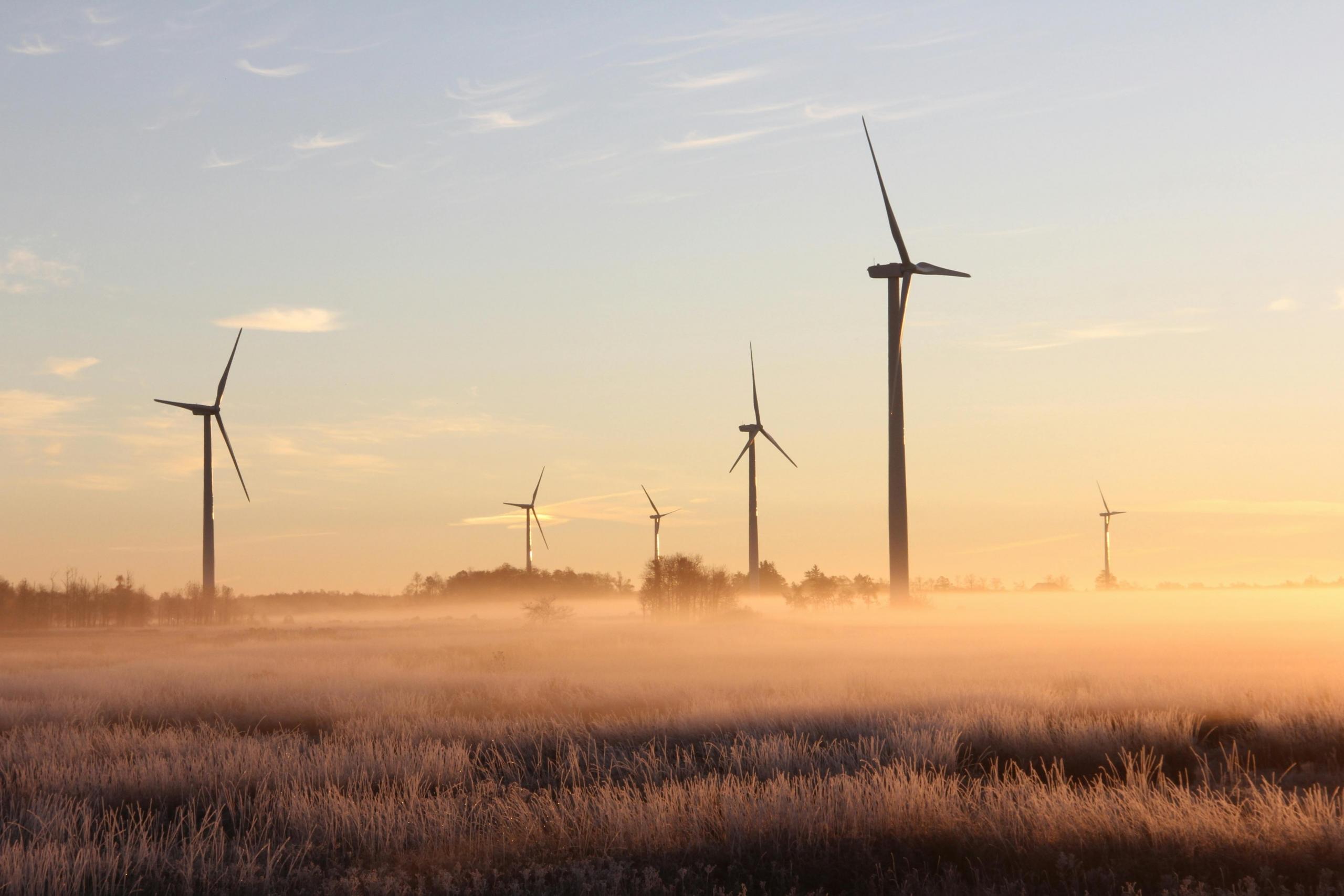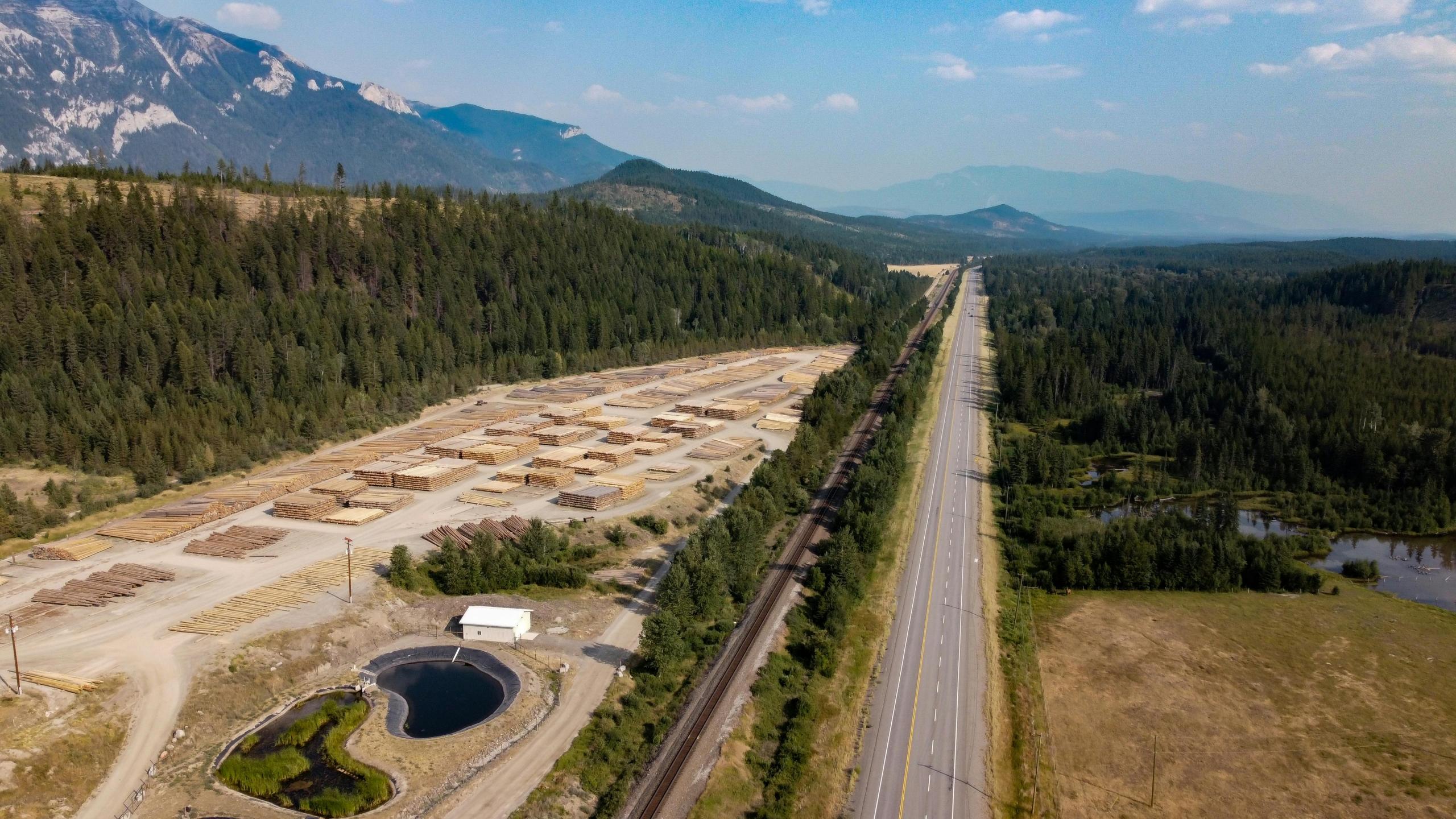Everyone has the right to a healthy environment.
Steven Guilbeault
The environment has become increasingly top of mind for all Canadians: the reality of climate change, sustainable practices, pollution, conservation, endangered species, and clean water are just a few of the topics that can be heard in classrooms, dinner tables, universities, and social media platforms across Canada.
The legal profession has also been impacted by changes brought about by the need to address environmental issues. Legislation like the Canadian Environmental Protection Act (CEPA) and the increasing trend toward enacting policies that support environmental stewardship and sustainable practices have made it imperative for commercial law professionals to understand the in's and out's of environmental law.
This article is all about understanding the intersection of law and sustainability in Canada. We will unpack the essential principles of CEPA, discuss the impact of climate litigation, and the tendency toward developing "green contracts" that align companies with better sustainability practices.
Legal organizations across Canada are implementing programs to address systemic barriers, promote representation, and create inclusive workplace environments.

What is the Canadian Environmental Protection Act (CEPA)?
CEPA is legislation that aims to support sustainable development and economic growth. It provides a framework for protecting the environment in Canada, managing pollutants and toxic substances that are released through activities like manufacturing, farming, and land development. CEPA was enacted in 1999, and modernized its 1998 predecessor.
In 2023, Bill S-5 further was passed to further strengthen CEPA, taking a more comprehensive approach to managing toxic substances, animal testing, and guaranteeing environmental rights to all Canadians.
Core Objectives of CEPA
- Prevent Pollution: a key CEPA priority is preventing pollution at the source rather than managing impact.
- Manage Toxic Substances: CEPA regulates the assessment, control, and elimination of substances that have been deemed toxic to humans and the environment.
- Human Health and Environment Protection: CEPA aims to protect ecosystems and and the well-being of Canadian Citizens.
- Sustainable Development: CEPA promotes best practices that support economic growth with environmental protection, securing resources for future Canadians.

Is Corporate Compliance an Issue in the Context of Sustainable Development in Canada?
Whenever any new law is enacted that impacts companies and individuals, compliance often becomes an issue as organizations must make changes to the ways their business is run. In the context of CEPA, implementation gaps remain an issue as provinces must work to enforce regulations across different industries.
One driving force in the area of climate accountability are environmental activists, equity seeking communities, and other groups that directly feel the impact of pollution and climate change. For example, Indigenous groups and organizations like Ecojustice and Jeuneusse have been taking corporations and provincial governments to court for climate justice.
Many groups feel the amendments made to CEPA through Bill S-5 are not enough to enforce accountability, including a "citizen enforcement" provisions that do not address the high cost of litigation and barriers to accessing the legal system for historically marginalized groups.
The Personal Information Protection and Electronic Documents Act (PIPEDA) regulates how companies and organizations collect, use, and disclose personal data.
Example of Climate Litigation: Mathur v. Ontario
In this 2019 case, Ecojustice helped seven youth environmentalists to file an application against the province of Ontario for not adequately addressing the risks associated with climate change in the Cap Trade and Cancellation Act (CTCA).
In their filing, they asserted that the CTCA violated sections 7 and 15 of the Canadian Charter of Rights and Freedom, which focuses on the Canadians' rights to life, liberty and security and the person, and a right to equality. The existential threat posed by climate change, in their view, infringed their rights as did the the burden on younger Ontarians who would bear the burden of climate change.
Ultimately, the group sought a declaration to establish new emissions targets consistent with Ontario's commitments to the Paris Agreement.
What can Companies do to Maintain Compliance with CEPA Regulations?


What is the Role of an Environmental Lawyer in the context of Climate Legislation?
Legal professionals that work in the area of environmental law can play a significant role in the implementation of CEPA for businesses, governments, and individual citizens.
Supporting Businesses
From the business and industry side, environmental lawyers can advise on risk management, using their knowledge of CEPA regulations on toxic substances, emissions, and environmental assessments to help companies build compliance. For example, an environmental lawyer might oversee an environmental assessment required for a major industrial project to ensure development is compliant with CEPA and local laws.
Lawyers can also provide counsel on reviewing internal compliance programs, and understanding recent amendments to CEPA. They can help to draft green contracts that include the appropriate clauses for aligning with CEPA standards. Lawyers can also help their corporate clients to defend their work from allegations of non-compliance and to negotiate settlements in instances of violations.
Supporting Communities
Environmental lawyers can also work from the perspective of individuals and activists to hold governments and industries accountable for CEPA infringement. For example, legal professionals can help community groups to file lawsuits against federal and provincial governments for not taking appropriate action in the area of pollution and climate change.
Lawyers can also support citizens in requesting investigations into environmental violations, and to lobby for stricter enforcement of CEPA provisions. The role lawyers play in this context is especially important to vulnerable communities that have been negatively impacted by industry, such as Indigenous people.
For example, The Wet’suwet’en are turning to the courts to compel countries to take concrete action to address climate change as a result of visible impacts in their lands.
Globally, there were more than 2,100 climate-change-related court cases filed at the end of 2022 - more than double the total from 2017.

The Growth of Green Contracts
Green contracts have risen in recent years as legislation like CEPA have made concepts like sustainability and climate action real issues for companies to deal with. Green contracts are legally binding agreements that include provisions that address environmental considerations that build accountability throughout supply chains and production processes.
Companies and communities benefit from green contracts because they help balance economic growth with sustainability goals. Making sustainability commitments visible also enhances the reputation of a company and may even help garner the support of buyers. Here are some examples of how green contracts work.
Perhaps most importantly, green contracts help to mitigate the risk associated with potential climate litigation.
Provisions for Renewable Energy and Sustainable Supply Chains
Companies commit to sourcing their energy from renewable resources (ex. wind or solar), and require their suppliers to source materials from recycled materials.
Commitments to Carbon Reduction
Business parties agree to meet emissions targets, and establish penalties for failing to meet goals. As a result companies have more pressure and accountability to conduct more sustainable business practices.
Manufacturing and Construction
Contracts include stipulations and provisions for how waste will be managed, energy efficiency, or construction materials that are friendlier to the environment.
Through language translation services and user-friendly interfaces, Artificial Intelligence is bridging communication gaps, ensuring that diverse populations and newcomers can better navigate legal processes in Canada.
Learning More About the Legal Profession and Sustainability
If you are passionate about the environment and have a desire to enter the legal profession, you may find it useful to gain qualifications and complete coursework that will prepare you for a career in the field. There are a variety of programs in universities across Canada that will enable you to achieve those goals. Below is a list of programs relating to environmental law you may want to consider.
- Marine and Environmental Law Juris Doctor (JD) Program, Dalhousie University
- Environmental Law Clinical Program, University of Victoria
- Specialization in Environmental and Natural Resource Law, University of British Columbia
- Environmental Law, University of Toronto
- Juris Doctor/Master in Environmental Studies, York University
In Conclusion
The realities of climate change and the increase of public consciousness in the area of sustainability and environmental protection have made legislation like CEPA a critical tool in making businesses accountable for stewardship. Whether you are a legal professional, community member, activist, or business leader, it is important to understand how CEPA can be leveraged to protect the environment.
For those specifically in the legal profession, environmental law can be an exciting career area to pursue. Explore programs in environmental law to find a school that will serve your call to protect the environment and practice in the legal profession!
Summarize with AI:















